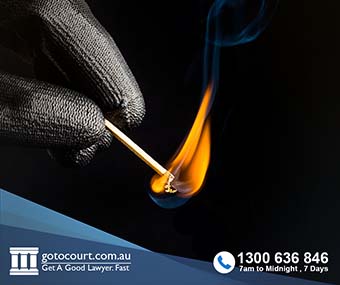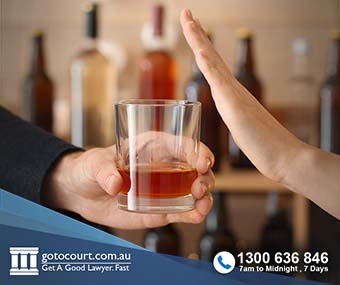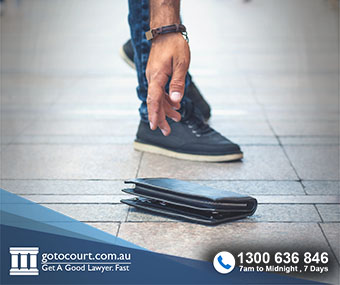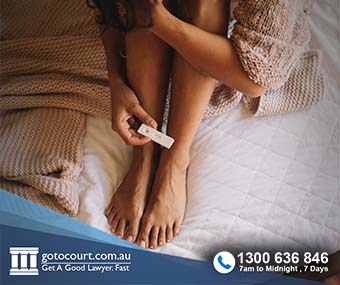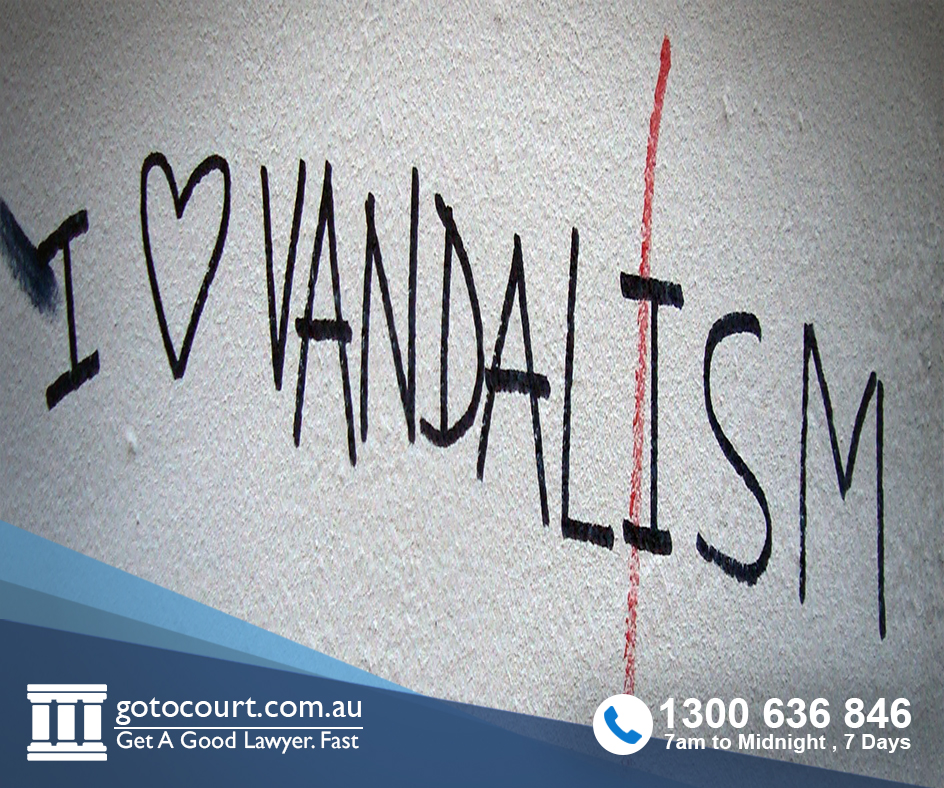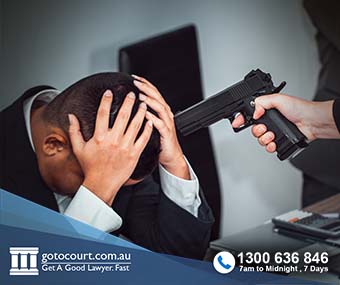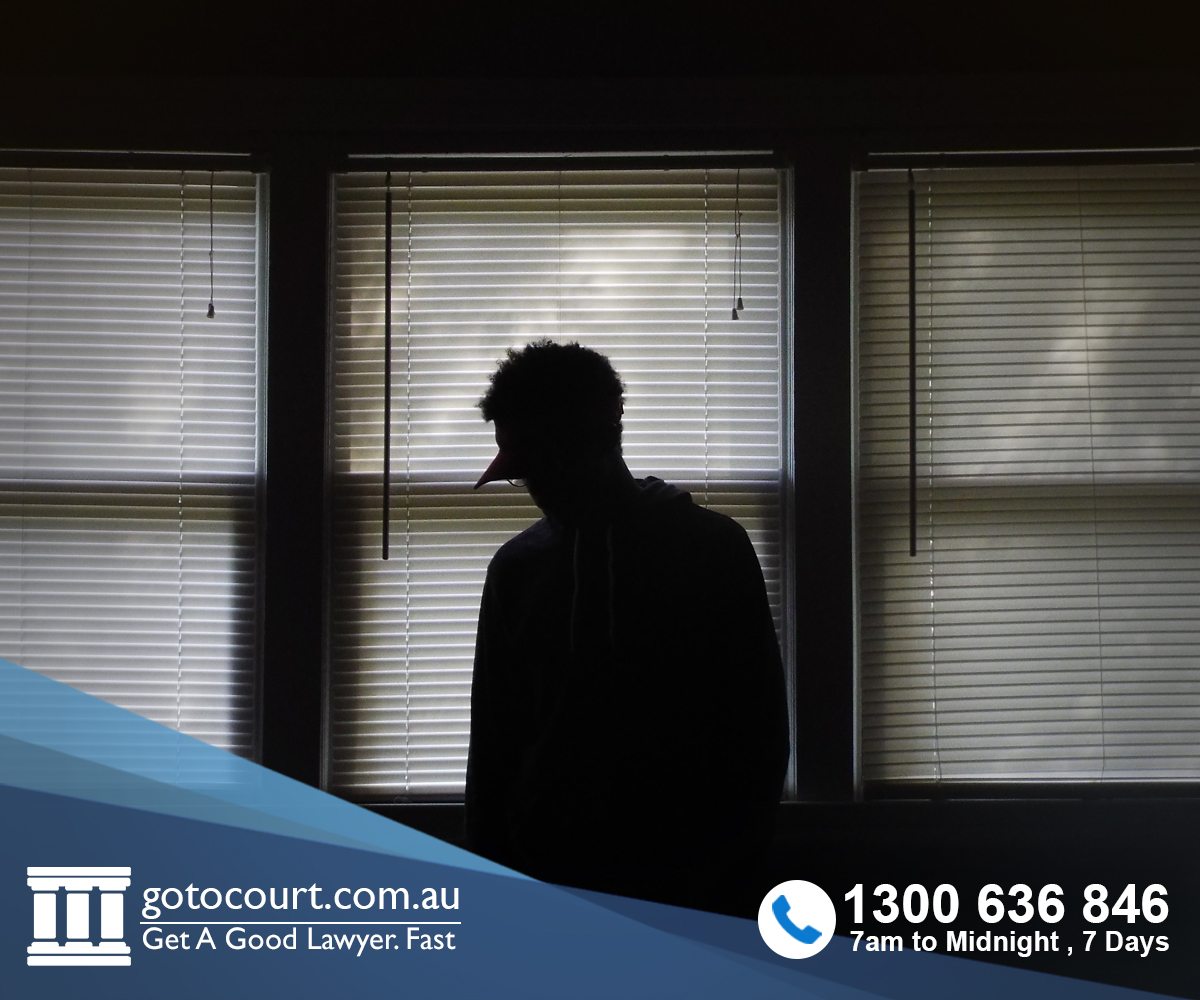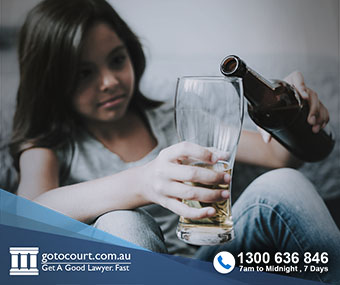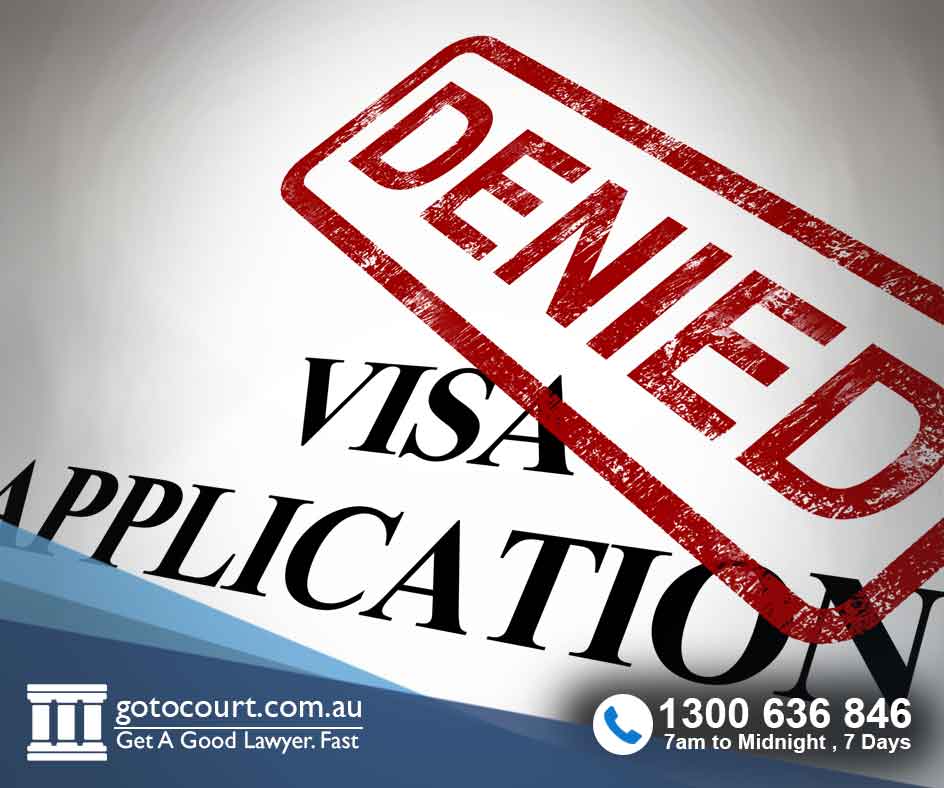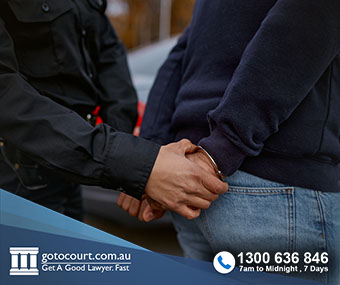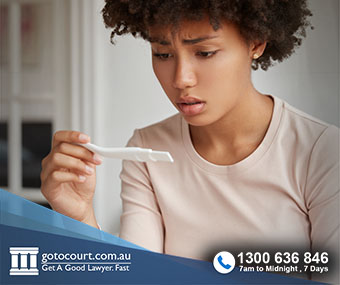Call our lawyers
now
or,
have our lawyers
call you
Penalty Notice Scheme for Drug Possession (NSW)
Updated on Nov 28, 2022 • 5 min read • 597 views • Copy Link
Penalty Notice Scheme for Drug Possession (NSW)
Following the spate of publicity around drug use at music festivals in New South Wales, the state government has introduced a new penalty notice scheme for drug possession offences. Prior to the new scheme being put in place, those found in possession of prohibited drugs at music festivals were generally given a Court Attendance Notice requiring them to attend court at a later date. The new scheme allows for such people to be dealt with without the need to go to court and without the possibility of a conviction.
Under the Drug Misuse and Trafficking Act, the maximum penalty for possession of a prohibited drug is a fine of $2,200 and/or a term of imprisonment for 2 years. Prior to the new scheme, first-time offenders pleading guilty would often make an application for the matter to be dealt with by way of a conditional discharge (good behaviour bond) without the recording of a criminal conviction.
The new scheme is aimed at steering these first-time offenders away from the Court system. The NSW State Government Safety Panel has stated that the scheme is ‘a direct response to festival attendees’ behaviour in relation to the current police enforcement methods. Heavy Police presence, combined with sniffer dogs at music festivals often leads to people hurriedly consuming drugs to avoid detection and the changes are ultimately a harm reduction approach.’
The Penalty Notice scheme
The police have a discretion with regard to issuing a penalty notice (on-the-spot fine), which is detailed in Section 333 of the Criminal Procedure Act 1986 (NSW). The police can issue a penalty notice to anyone who commits a penalty notice offence.
It is important to note that although the police ‘can’ issue a penalty notice, they do not have to. It is solely at their discretion. What constitutes a penalty notice offence is outlined in Schedule 4 of the Criminal Procedure Regulation 2017 (NSW).
A police officer can now issue a fine of $400 if:
- You are caught in possession of a prohibited drug; and
- In the case of MDMA/Ecstasy in capsule form, the amount of the drug does not exceed a small quantity; and
- In the case of MDMA/Ecstasy in any other form, the amount of the drug is less than a traffickable quantity; or
- With any other prohibited drug, the amount of the drug does not exceed a small quantity.
How much is a small quantity?
Under the Drug Misuse and Trafficking Act, a small quantity of MDMA is up to 0.25g.
A traffickable quantity of MDMA is up to 0.75g.
Schedule 1 of the Drug Misuse and Trafficking Act sets out how much is a ‘small quantity’ of other prohibited drugs.
What happens when you get a penalty notice?
Receiving a penalty notice will not result in a criminal conviction. If you choose to contest the matter, you will be required go to court to do so. If this occurs, you will be given a court date on which you can plead guilty or not guilty. The risk in contesting a penalty notice is that if you plead guilty or are found guilty, the court can impose a conviction and impose a penalty of a fine of up to $2,200 and/or imprisonment of up to 2 years.
Cannabis caution scheme
One drug that is not included in this new scheme is cannabis leaf. Where a person is found in possession of cannabis, a police officer has the discretion to give them a warning rather than a Court Attendance Notice or Penalty Notice. This is known as the Cannabis Cautioning Scheme (CCS).
You may receive a warning if:
- You were found to have possession of no more than 15 grams of Cannabis; and
- You have no prior record involving drugs, violence or sexual assault; and
- You have not received the same caution for drug possession on more than 2 occasions.
Rationale for the scheme
The scheme uses police intervention to assist offenders to address their cannabis use and seek treatment and support. It was developed in response to research findings that arresting people for minor drug offences is not always an effective response.
It is important to remember that although police may exercise their discretion in these instances, they can decide instead to formally charge the person.
The formal NSW Police caution warns of the health and legal consequences of cannabis use and provides contact telephone numbers for the Alcohol and Drug Information Service (ADIS). ADIS provides a service to a cautioned offender that includes information about treatment, counselling and support options.
Individuals who receive a second and final caution are required to contact ADIS for a mandatory education session about their cannabis use.
The new Penalty Notice scheme and the Cannabis Cautioning Scheme enable NSW Police to use their discretion in dealing with offenders found with small quantities of drugs. The introduction of these schemes reflects the reality that the NSW government does not view arresting and formally charging people for drug possession as the most effective way of addressing drug use.
If you want to seek legal advice regarding a penalty notice that you have received, or if you have been formally charged with drug possession, please contact Go To Court Lawyers.

Affordable Lawyers
Our Go To Court Lawyers will assist you in all areas of law. We specialise in providing legal advice urgently – at the time when you need it most. If you need a lawyer right now, today, we can help you – no matter where you are in Australia.How It Works







1. You speak directly to a lawyer
When you call the Go To Court Legal Hotline, you will be connected directly to a lawyer, every time.


2. Get your legal situation assessed
We determine the best way forward in your legal matter, free of charge. If you want to go ahead and book a face-to-face appointment, we will connect you with a specialist in your local area.


3. We arrange everything as needed
If you want to go ahead and book a fact-to-face appointment, we will connect you with a specialist in your local area no matter where you are and even at very short notice.


